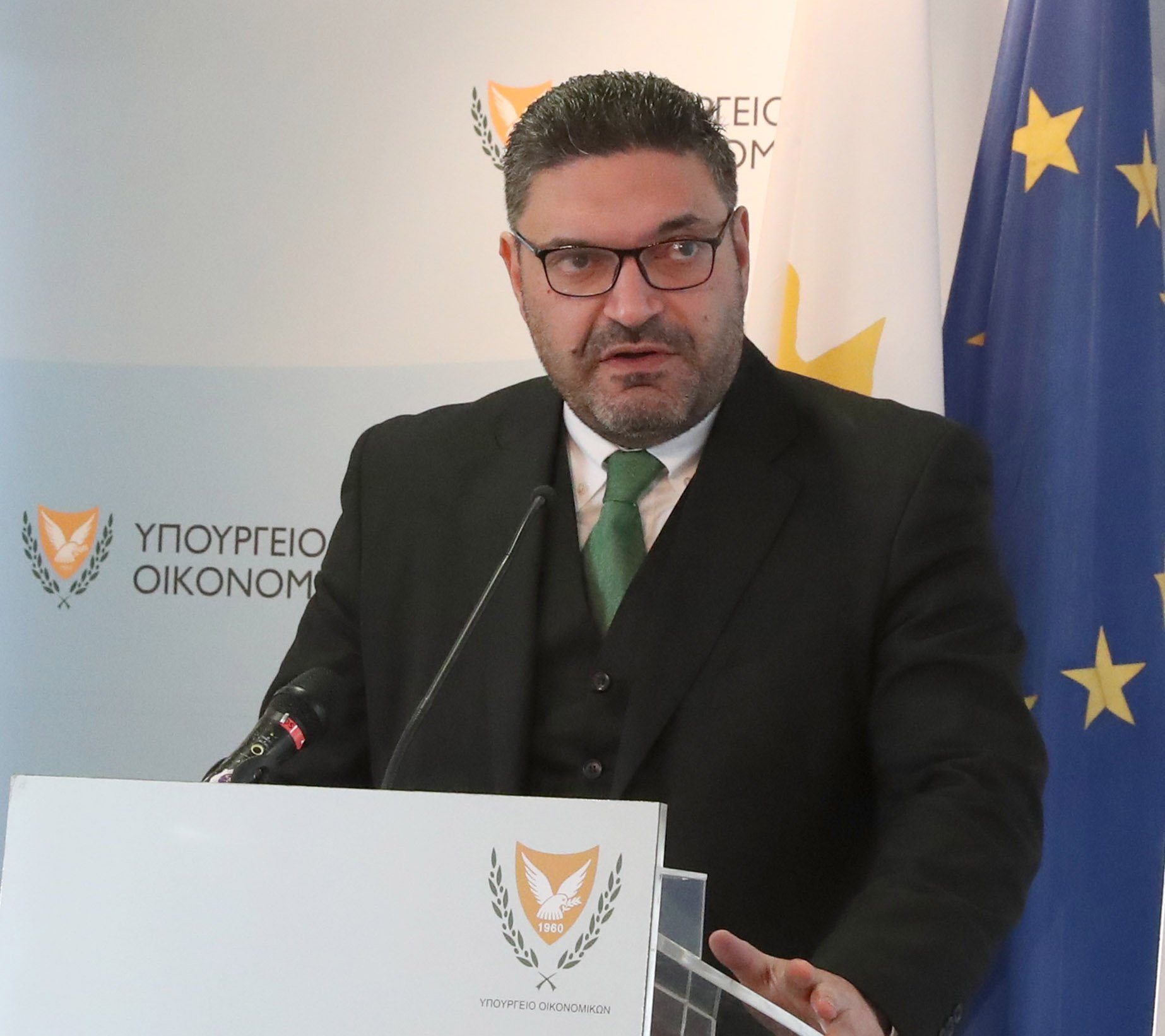Deficit spending will be the norm for the next three years, according to finance minister Constantinos Petrides who presented the state budget for 2022 to the council of ministers as well as forecasts for the 2022-24 period.
The budget deficit for 2022 will be €1.2 billion, 5.1 per cent of GDP, rising to €1.54 billion in ’23 and €1.67 billion in ’24 according to the finance ministry’s forecasts.
Total state expenditure next year will be the same as this year at €7.9 billion, and more than one third will go on the public sector payroll, pensions and bonuses. Total expenditure in ’23 will rise to €8.29 billion and in ’24 to €8.48 billion.
Spending on public sector wages and pensions will be up by 3.2 per cent, compared to 2021, the ministry attributing this to the payment of the cost of living allowance (CoLA), wage increments and a rise in hirings.
The remaining state expenditure will be €3 billion on transfers, €2.5 billion on loan repayments, €972 million on operational expenses and €883 million on other expenses.
State revenue, for the three-year period, meanwhile was expected to record small increases, from €6.73 billion next year to €6.8 billion in 2024.
It was imperative, given public debt remained high as a percentage of GDP, that there was a ceiling on any additional expenses, Petrides warned. The public debt was 119.1 per cent of GDP in 2020 and is expected to fall to 107.8 per cent this year.
The rate of growth in 2022 is forecasted to reach 4 per cent, although the finance minister said there were both internal and external risks for the budget that could have a negative impact on public finances.
Petrides expressed concern the state could be faced with the need for excess spending stemming from rising costs in the operation of Gesy. He also noted the danger of a surge in coronavirus cases that would slow down business activity; the high number of banks’ NPEs also posed a danger, despite their significant reduction.
The main external risk related to tourism “The main, external risk, in the short-term, is the possible spread of the Covid-19 pandemic, in countries with which Cyprus has close economic ties such as the United Kingdom and Russia,” said Petrides.
Such a development could have a “significant impact on the Cyprus economy, especially via the tourism sector,” he explained.







Click here to change your cookie preferences